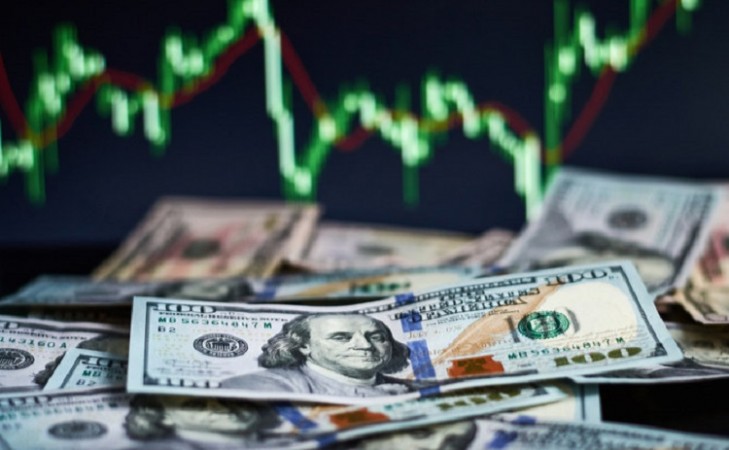
The US dollar remained close to a three-week low against the euro and a one-month low against the British pound on Wednesday. This followed unexpected softness in US inflation data, reinforcing the belief that the Federal Reserve would postpone an interest rate hike scheduled for later in the day.
Meanwhile, the Chinese yuan declined to its lowest level in 6 and a half months after the central bank reduced rates. Speculation regarding further stimulus to bolster the struggling post-COVID economic recovery in China played a role in the weakening of the yuan. The dollar index, which measures the currency against six major counterparts including the euro and the pound, traded flat at 103.30 during Asian trading. It had dipped to its lowest point since May 22, reaching 103.04 overnight.
The US consumer price index (CPI) rose by a mere 0.1% last month, with the year-on-year increase reaching its lowest level since March 2021 at 4.0%. As a result, the probability of a quarter-point rate hike by the US Federal Reserve dropped to less than 6% at present, down from 21% just 24 hours earlier, as per the CME Group's FedWatch Tool.
Matt Simpson, senior market analyst at City Index, commented, "The soft inflation report effectively solidifies the likelihood of a pause by the Fed, although I doubt it will be sufficient to warrant a dovish stance as it goes against their interests with the CPI twice their target. While it was enough to push EUR/USD above 1.0800, it failed to sustain that level due to the high probability of a hawkish pause."
The euro remained relatively unchanged at 1.07885, having reached a peak of USD 1.08235 on Tuesday. On Thursday, the European Central Bank is expected to announce its policy decision, with a quarter-point rate hike widely anticipated. The British pound showed little movement at USD 1.2607 after surging by 0.8% in the previous session and reaching its highest level since May 11 at USD 1.2625.
The dollar experienced a slight decline of 0.09% against the yen, reaching 140.11. However, it had reached its highest point since June 5 at 140.31 on Tuesday, despite the weak US inflation figures. The Bank of Japan is expected to maintain its ultra-easy policy settings on Friday. Ray Attrill, head of currency strategy at National Australia Bank, anticipates potential weakness in the dollar following the Federal Reserve's decision. He suggests that the dollar index could decline to around 102 in the coming days.
Attrill stated, "A hawkish pause won't be a surprise; it's already factored into the market to such an extent that I believe it won't provide support for the dollar. In fact, it may have the opposite effect."
In other news, the Australian dollar inched higher to USD 0.6772 after reaching its highest level since May 10 at USD 0.6807 on Tuesday. The Australian dollar received additional support from the People's Bank of China's decision to cut the seven-day reverse repo rate, marking the first reduction in 10 months. China is a significant destination for Australia's resource exports.